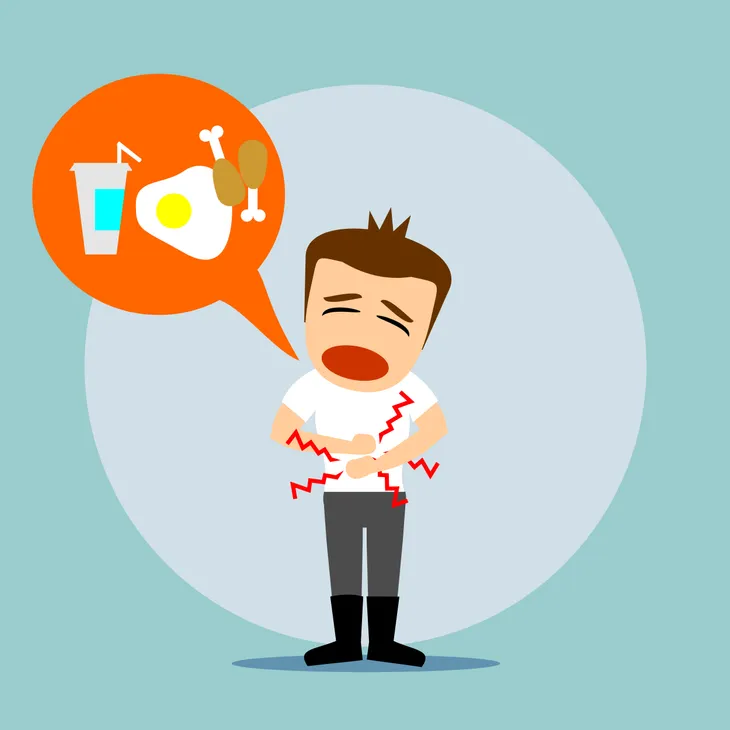We’ve all done it, there’s no use denying it—we’ve all gone a little, or a lot, overboard, with a food binge.
Yours might have been triggered by stress at work, a night out on the town with friends, or a holiday gathering. Regardless of which, you can redeem yourself after the food blowout of 2014 with these helpful bounce back tips…
Don’t Panic
The guilt and anxiety that sets in following a food binge can be more damaging than the actual overeating session itself. Realistically, even if you gobbled down an entire pint of rocky road the night before, you’re not going to pack on a whole whack of weight from a single night of overindulgence.
Look at a single binge as a temporary setback, but not like it’s the end of the world. The Calorie Control Council of America recommends the best food binge comeback is simply resuming your balanced, healthy diet and moving forward to avoid regular food binging.
Rehydrate the Body
After a night of salty-deep fried indulgence, water is key so drink up! We all know that when the body is thirsty we often feel hungry. However, following a night of consuming sodium and Trans fat-rich foods you will even feel more dehydrated.
So be sure to drink a few large glasses of water first thing in the morning and keep a large water bottle nearby to sip throughout the day to flush out all the salt in your system.
Don’t Starve Yourself as Penance
It’s tough to wake up after a night of binging without guilt. However, if you starve yourself as a form of punishment you’re only triggering another inevitable—yet another binge. Instead, realize that you are only human and concentrate your energy on resuming a healthy, balanced diet and exercise routine.
Eat a Light Breakfast
Start the day off right post-food binge by eating a light and balanced protein- and fiber-rich breakfast to help bulk your stool and effectively motivate waste elimination. Try whole grain cereal with low fat milk or Greek yogurt, 2 slices of whole grain toast with raw nut butter, or fresh fruit and yogurt.
Shun the Scale
The scale is not your ally the day following a food binge. So ignore the scale, particularly if your night of binging featured a lot of foods that were high in sodium. The excess sodium consumed will increase your normal weight by a couple of pounds of water weight, and only deter your motivation for resuming healthy eating. Instead, drink water and resume eating a healthy, balanced diet for at least 72 hours. This will ensure the sodium is flushed out of your body.
Retain Control…Gradually
Don’t set extreme rules following a food binge. Instead, take baby steps; gradually resume a healthy, balanced diet, shunning surgery, salty, starchy, and Trans fatty foods with portion control in mind. Also, resume your regular exercise regime or attempt to get in at least 30-minutes of physical fitness a day (i.e., a brisk walk).
Cook Meals at Home
One way to be aware of what’s going into your meals is to cook the majority of them at home. Nutritionists will attest that the more we prepare and eat meals at home—the more control we have over what we eat!
Don’t Give Up
The healthiest thing you can do for yourself in the face of a food binge is to forgive and move on. You can’t reverse time, and you’ll only damage your self esteem and trigger another eating binge if you punish yourself. Take the same approach you would if you had a household set back (i.e., an accidental spill on the floor) clean it up, be more careful in the future, and move on!











